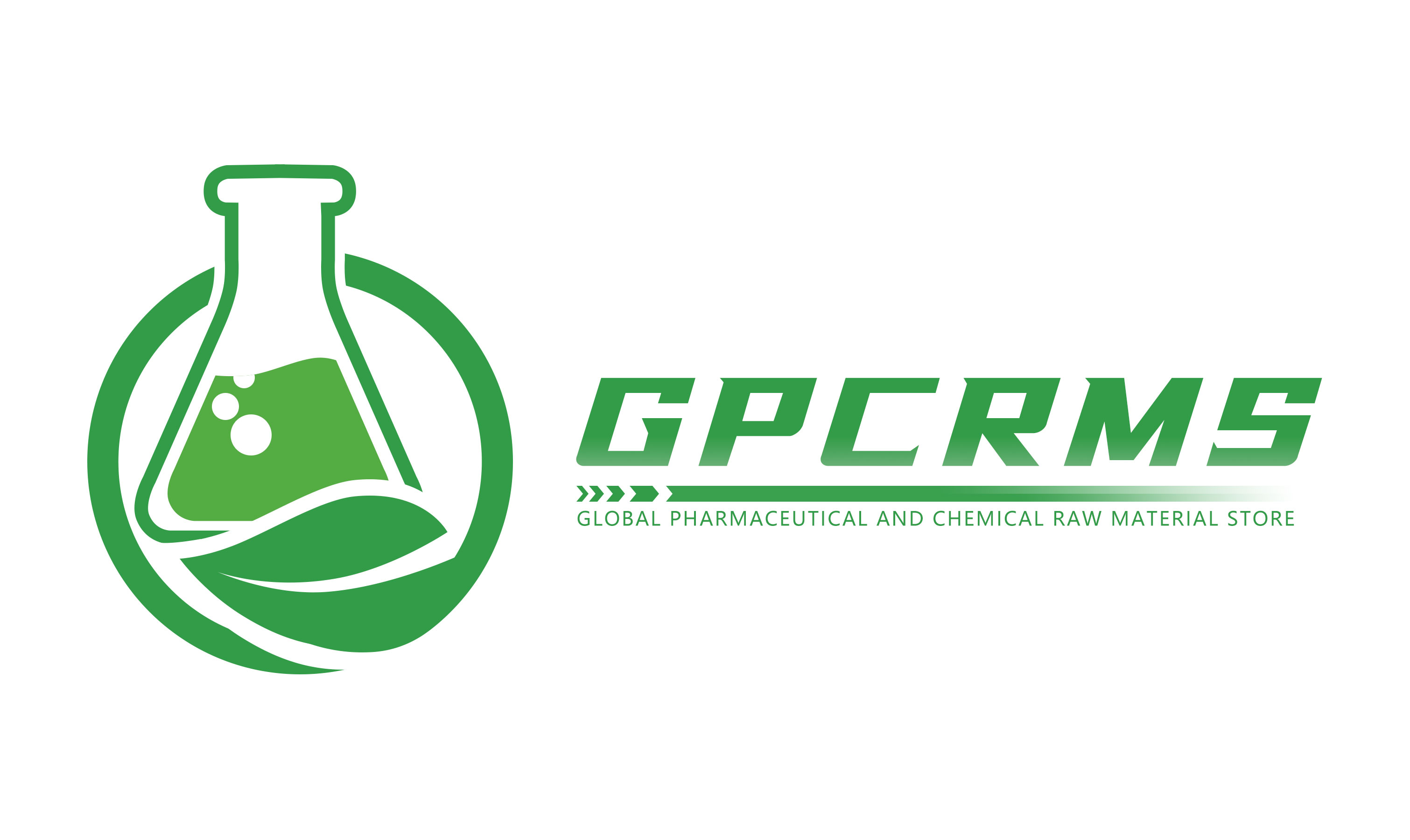MK677 PCT After Use: Is It Really Necessary?
MK677 (Ibutamoren) is a widely used oral growth hormone secretagogue that stimulates the pituitary to release growth hormone (GH) and insulin-like growth factor 1 (IGF-1). By promoting muscle growth, reducing fat, and enhancing recovery, MK677 has gained popularity among fitness enthusiasts, athletes, and those seeking anti-aging benefits. Unlike steroids or other SARMs (Selective Androgen Receptor Modulators), MK677 works differently by not directly impacting testosterone levels, leading many users to wonder whether post-cycle therapy (PCT) is necessary after using MK677.
In this article, we will explore MK677's impact on the endocrine system and discuss whether PCT is required, as well as how to develop an appropriate recovery strategy.
How MK677 Works and Its Effects
MK677 works by mimicking growth hormone-releasing hormone (GHRH), stimulating the pituitary to release more growth hormone and IGF-1. These hormones play key roles in muscle growth, bone density, fat metabolism, and overall health. Because of these physiological effects, MK677 is widely used for muscle gain and fat loss, and it’s also sought after for its potential anti-aging properties.
Although MK677 significantly enhances growth hormone release, its mechanism differs from that of steroids or SARMs. MK677 doesn’t directly impact testosterone levels, meaning it doesn’t usually lead to the suppression of testosterone synthesis like anabolic steroids or SARMs. This difference has led many to believe that PCT may not be necessary after using MK677.
Does MK677 Need PCT?
Unlike steroids or SARMs, MK677 does not directly suppress testosterone levels, making its impact on the endocrine system less significant. Because of this, MK677 typically does not require an intense post-cycle therapy (PCT) regimen. MK677 does not cause a substantial decrease in testosterone, and most users can safely discontinue its use without experiencing significant hormonal imbalances.
However, while MK677 does not directly suppress testosterone, long-term high-dose use may still affect the endocrine system in some individuals. Users may experience hormonal fluctuations after prolonged use, especially after discontinuing MK677. This effect is more pronounced in individuals who use other performance-enhancing substances (such as SARMs or steroids) alongside MK677, as these substances may suppress testosterone levels. In such cases, PCT may be necessary to restore hormonal balance and prevent muscle loss.
When PCT Is Needed: Appropriate PCT Protocol
While MK677 does not usually require PCT, those who use other performance-enhancing substances (such as steroids or SARMs) along with MK677 may need to consider PCT. The main goal of PCT is to restore the body’s natural hormone levels, particularly testosterone production.
In such cases, the following medications and supplements can help restore testosterone levels:
Clomid (Clomiphene Citrate)
Clomid is a popular PCT medication that stimulates the pituitary to release luteinizing hormone (LH) and follicle-stimulating hormone (FSH), which in turn promote testosterone production. Even after using MK677, Clomid can be beneficial in restoring natural testosterone levels.
Recommended Dose: Start with 50 mg/day for the first two weeks, then reduce to 25 mg/day for the next two weeks. The typical PCT duration is about 4 weeks.
Nolvadex (Tamoxifen)
Nolvadex is an anti-estrogen medication that blocks estrogen receptors, indirectly stimulating testosterone production. It is often used in combination with Clomid to enhance PCT results and alleviate side effects caused by hormonal fluctuations.
Recommended Dose: Take 20 mg/day for the first two weeks, then reduce to 10 mg/day for the following two weeks. The typical PCT duration is 4 weeks.
Supportive Supplements
Vitamin D3: Vitamin D3 plays a crucial role in testosterone synthesis. Supplementing with adequate Vitamin D3 can help improve testosterone levels.
Zinc: Zinc is a key mineral involved in testosterone production. A deficiency in zinc can lead to low testosterone levels. Supplementing with zinc during PCT can promote testosterone synthesis.
Magnesium: Magnesium helps alleviate stress, improves sleep, and supports hormonal balance during recovery.
Conclusion
While MK677 does not have a significant impact on testosterone levels like steroids or SARMs, it may still cause minor hormonal fluctuations in some individuals, especially after prolonged use. However, for most users, PCT is not required following MK677 use. Those who have used MK677 alongside other performance-enhancing substances may benefit from a mild PCT regimen to restore hormonal balance and prevent muscle loss.
In such cases, using Clomid and Nolvadex, along with Vitamin D3, zinc, and magnesium, can optimize recovery and ensure long-term fitness results. While PCT may not be necessary for all users, for those who experience hormonal disruptions or who have used other substances, incorporating a PCT strategy can ensure a smooth recovery and maintain the benefits gained during the MK677 cycle.
